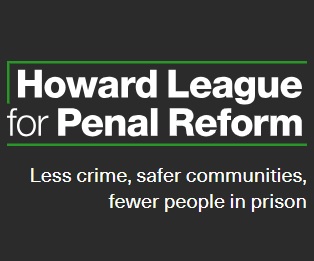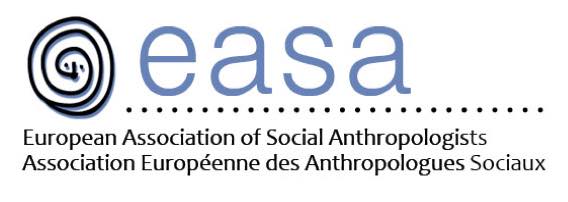Radical Happiness: Moments of Collective Joy
Happy Friday everyone! Actually, when was the last time that you experienced pure happiness? Real unrestrained joy? Many of us, sadly, are feeling increasingly isolated and lonely. During Mental Health Awareness Week recently, leading figures including Alastair Campbell bravely discussed their experiences of depression; raising awareness, with a view to generating a collective understanding of, and sympathy for, those experiencing mental health issues. So, the new book by Lynne Segal, Radical Happiness: Moments of Collective Joy representing ‘a passionate call...




















